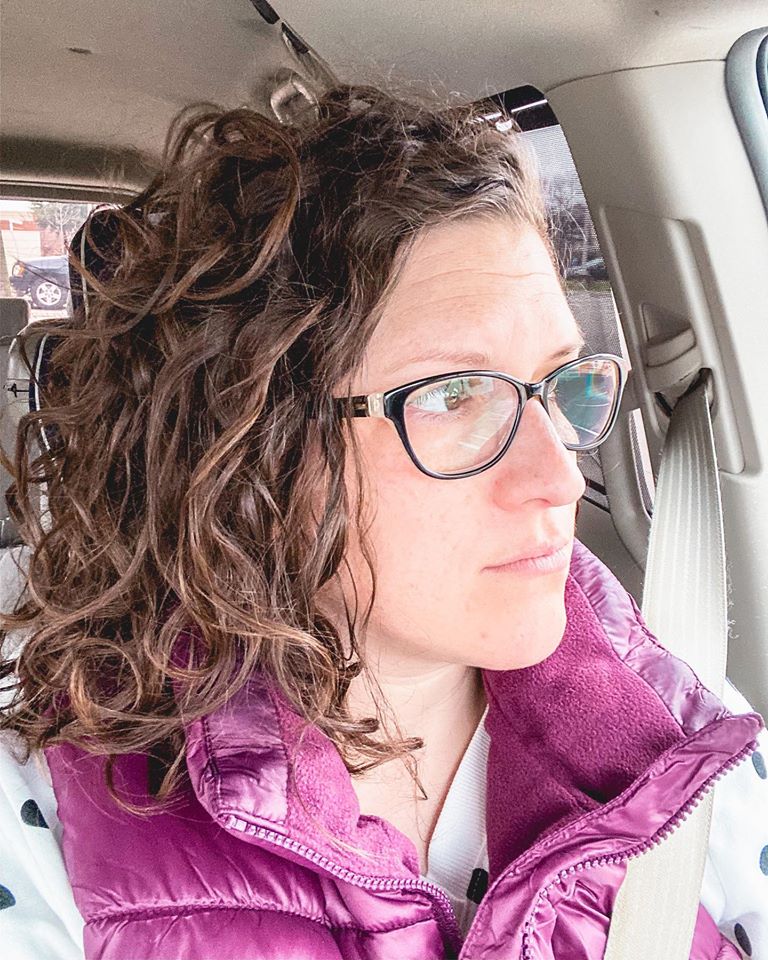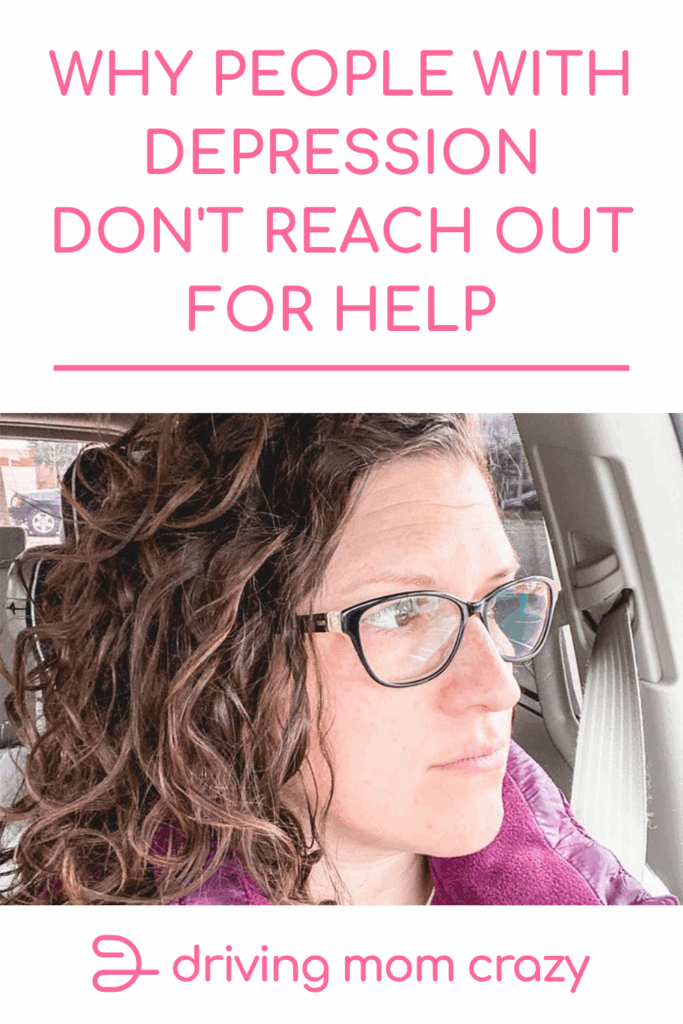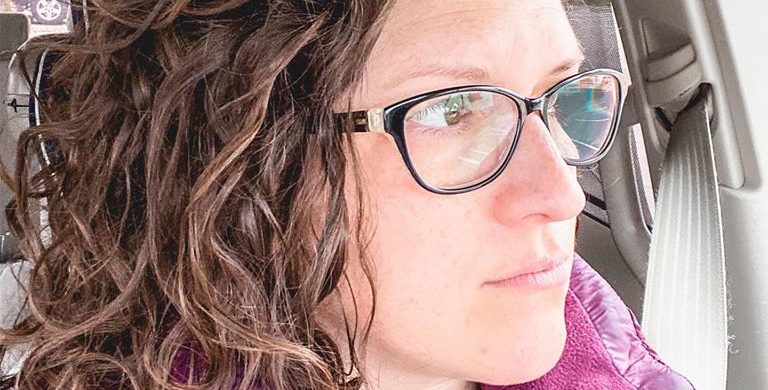This post contains affiliate links which means items purchased through these links return a small monetary percentage back to this blog. Read our full disclosure policy here.
“Reach out for help.”
This is such a simple phrase. But putting those words into action feels anything but simple when you are in the throes of depression. I have struggled with depression and anxiety for years and I know that I should tell someone when I’m struggling and reach out for help. But there is a huge mental block that often prevents me from doing so. And it’s not for the reasons that you might think.
I am lucky that my conditions are well-controlled most of the time. But like most chronic conditions, symptoms ebb and flow. I can feel great most of the time and then all of a sudden experience a drop in mood. Sometimes it just lasts a day, and other times weeks or months. I never know whether the changes will affect me for a short time or for a longer time.
So the truth is, I don’t always reach out for help when I’m feeling bad. It doesn’t seem worth bothering anyone about. I don’t want to seem like “the boy who cried wolf,” and ask for help when I can probably get by on my own. I’ll save the asking for help for when I really need it. In fact, most of the time I don’t tell anyone I’m having a depressive episode except my husband or therapist.
That doesn’t mean I don’t want support from friends and family. I actually really, really do. If my depressive episode continues for more than a few days, it starts to become clear that I really do need some support. I often find myself wishing that someone would text me, notice me, anything.
But I can’t bring myself to reach out.
Trying to ask for help feels overwhelming & embarrassing. There are a lot of mental hurdles to jump over to make myself do the logical thing. Depression and anxiety can feel paralyzing. No matter how much I hear (and tell others) there is no shame in reaching out for help, when I’m feeling low, doing that can feel impossible.
Negative thoughts fire through my brain, discouraging me from telling anyone what I’m really going through. These are not thoughts that I want to have, but I feel powerless to get rid of them.
“Will they think I’m crazy?”
“They’re going to get annoyed that I’m always needy and unhappy. I’m such a burden.”
“They’re not going to want to deal with this crap. I don’t even want to deal with this crap.”
“If they really knew what I thought, and how often I thought this way, they wouldn’t want to be friends with me.”
“It doesn’t matter anyway. Nothing will ever get better. No one can help me.“
And that’s why depression is so so hard. Because your own brain lies to you, and those lies feel so real. I have a visceral reaction to these thoughts which brings me to tears. Lies become truth, and truth becomes a lie. Nothing makes sense. Trying to sort through those lies feels like swimming against the current. And sometimes I just can’t do it.
So I suffer in silence, hoping it will pass.
Over the years I have gotten better about being more straightforward about how I’m feeling, but it’s still difficult to be so vulnerable. You feel exposed, like there’s a spotlight on you as you’re standing naked in the middle of a crowded room. It has taken me a long time to learn how to muster the energy for that type of discomfort.
If someone you know does reach out to you saying they are having a bad day, just know it probably took a lot of internal struggle just to take that step. And they are probably feeling a lot worse than they are letting on. Because no one wants to start a conversation with “Hey what’s up? I’ve been crying all day.”
If I don’t reach out for help, it’s not because you haven’t been a good friend. It’s because I feel so separate from the rest of the world and that separation feels too big for me to breach on my own.
And that’s why people with mental illness need support from friends and family. To remind us of what’s real. To remind us not to listen to those lies. To remind us that things will get better and what’s happening right now truly isn’t the end of the world.
Keep reaching out to your friends, even if they don’t respond. While it’s not your job to save me or anyone else, having a friend proactively reach out can bring immense comfort, relief, and the feeling of being understood.
And that can make all the difference.

Originally published on Facebook.

You Might Also Like:
- When Something Isn’t Right: Tongue Ties and Breastfeeding Problems
- Why Are Women So Tired?
- Easy Mother’s Day Gift Ideas
- Stop Using Mental Health Treatments as Insults
- Last Minute Easter Basket Ideas for Teens and Tweens



